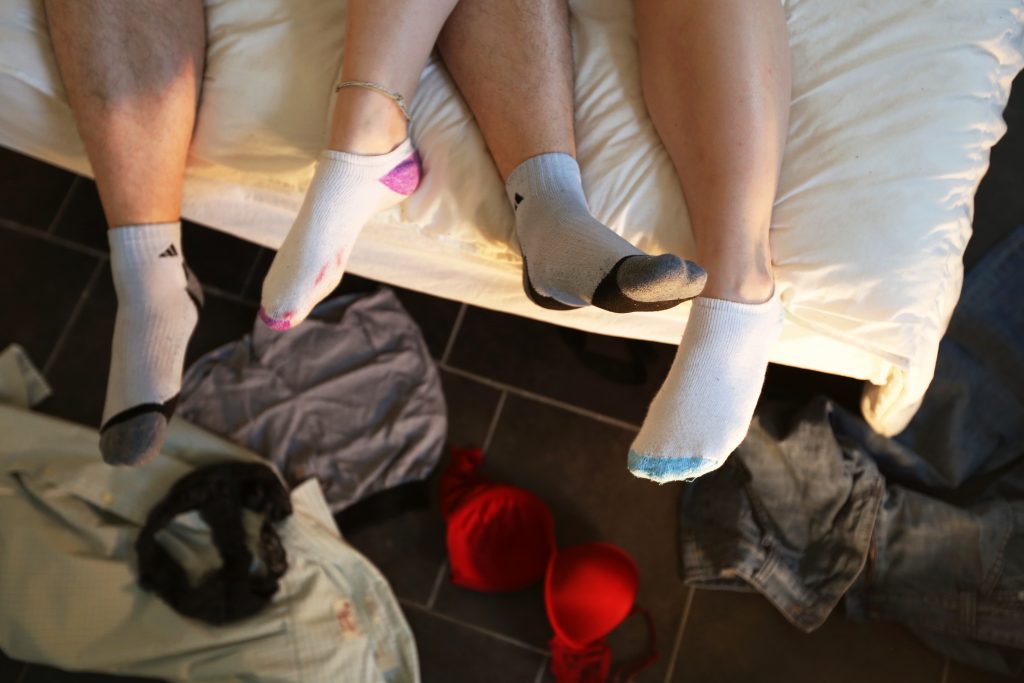Many people have become accustomed to the age-old story of a couple meeting, falling in love and living happily ever after. But when those people happens to be a university student and a faculty member, problems arise.
In September, the State University of New York (SUNY) system adopted a state-wide policy concerning professional relationships. The consensual relationship policy states that if a faculty member exercises power over other faculty members or students because of a supervisory, instructional or perceived control over an educational or work experience, a power imbalance is created that negatively affects the work environments of all those involved. Therefore, the policy prohibits nonprofessional relationships between students and professional staff or other college personnel.
Although the new policy was molded to make the rules regarding student and faculty relationships more uniform across the SUNY system, Binghamton University has long had a policy against relationships of this nature. In 1990, the Faculty Senate ratified its first policy prohibiting sexual relations between superiors and subordinates. This initial policy dealt entirely with inappropriate relationships between faculty and students and in 1993, it was accepted as University policy by President Lois DeFleur.
The newest version of the policy, however, expands upon the 1993 policy to not just include instances of power imbalances between faculty, staff and students, but also potential issues concerning those in other supervisory positions, such as teaching assistants.
According to Ryan Yarosh, BU’s senior director of media and public relations, relationships of this nature are not outright prohibited. Rather, those involved with students that they oversee must undergo a process designed to remove the student from their supervision, and are strongly encouraged to use caution and good judgement during the relationship.
“Where one person is in the direct line of supervision over the other, the supervisor must notify college administration so that alternative arrangements for supervision can be made,” Yarosh wrote in an email after the policy was first implemented. “Co-employee relationships without a direct line of supervision are permissible, but if there is a situation where one individual could impact an employment-related decision, they must recuse themselves from the decision-making process.”
While relationships and hookups with faculty members are not common at Binghamton University, they also aren’t unheard of. In responses to Pipe Dream’s 2020 Sex Survey, seven respondents indicated they that previously had a sexual encounter with a faculty member.
At BU, the Human Resources office is responsible for supervising the policy; however, Bathabile Mthombeni, the University’s ombudsman, is available to help students, faculty and staff with questions about the rules and how they might impact their relationship.
“I do not play a role in the process beyond helping those with concerns regarding the policy to consider their options and get in touch with the proper resources,” Mthombeni wrote in an email.
Yarosh wrote that with this new policy, both BU and the entire SUNY system will be able to provide a more comprehensive and far-reaching method of addressing relationships of this kind.
“Binghamton [University] has always taken a very strong and public stance prohibiting sexual harassment,” Yarosh wrote after the policy was first implemented. “It is imperative for SUNY to leverage its power as the most comprehensive system of higher education in the country to speak with one voice in combating all forms of sexual harassment. The measures outlined in this resolution address critical issues that affect learning and employee environments and must be addressed through clear and transparent policy and policy statements.”



